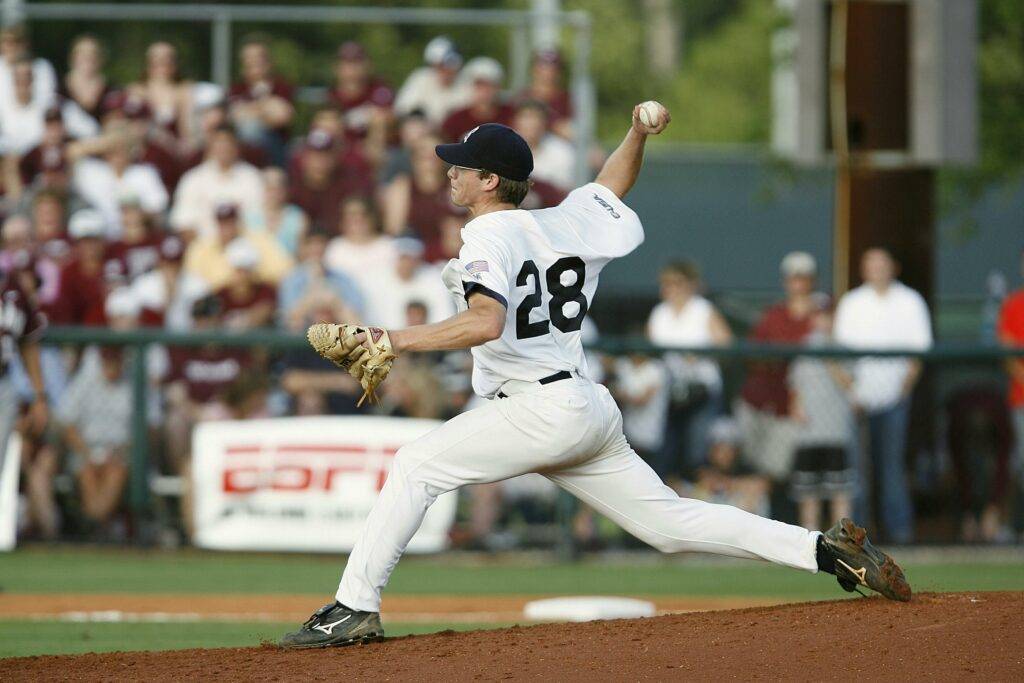Pathway to Women's
wrestling Recruitment
Your Guide to Women’s College Wrestling Recruiting
Women’s wrestling is rapidly growing at both high school and college levels, with participation surging from just 804 high school athletes in 1994 to over 50,000 today. College coaches are actively seeking academically solid athletes with a strong work ethic, even if they have minimal experience in freestyle wrestling, the style used in collegiate programs. To stand out and catch the attention of coaches, athletes need a focused approach to the recruiting process.
Understanding the Women’s College Wrestling Recruiting Process
As a recruit, you’re encouraged to reach out to college coaches early, building relationships and demonstrating interest in their program. Include an athletic resume with:
- Academic details (grades, test scores)
- Wrestling experience and stats
- Athletic background in other sports, if applicable
- A personal highlight video Learn how to communicate effectively with coaches.
Scholarships for Women’s Wrestling
Scholarships for women’s wrestling vary by program, as funding is often determined by each school’s budget, fundraising, or endowments. Because women’s wrestling programs are spread out and not yet prevalent in every region, many scholarships are awarded based on academic merit in addition to athletic ability. This makes academic success essential for students pursuing financial aid through athletics. Learn more about women’s wrestling scholarships and how to secure one.
Women’s College Wrestling Recruiting Rules
Unlike NCAA-affiliated sports, women’s wrestling has fewer contact restrictions. Although coaches can engage with recruits at any time, the Women’s Collegiate Wrestling Association advises that recruits wait until September 1 of their senior year to sign a Letter of Intent, maintaining a fair recruiting landscape. Understand the recruiting rules for women’s wrestling.
What College Coaches Look for in Recruits
College coaches are looking for athletes who stand out in various ways. Wrestling experience is helpful, but coaches value traits like discipline, commitment, and strong academic performance just as highly. Key indicators include:
- State or national rankings in girls’ wrestling
- Experience in regional or state tournaments
- Participation in wrestling camps
- Athletic background in other sports Discover what coaches look for in women’s wrestling recruits.
Building Your Wrestling Recruiting Video
Creating a strong recruiting video can help coaches see your talent, especially if they can’t attend your matches in person. Here’s what to include:
- Matches against high-level opponents, showing all three positions (neutral, top, and bottom)
- Consistent, high-quality footage that captures your skills, body language, and reactions between rounds
- A steady camera shot showing the full mat and, if possible, the scoreboard Learn how to create a video that highlights your wrestling strengths.
Women’s Wrestling Camps and Tournaments
Camps and tournaments allow you to develop your skills and gain exposure in front of college coaches. Competing outside your region can also introduce you to other wrestling styles, further preparing you for the collegiate level. Many programs offer training camps that emphasize technique, mental preparation, and conditioning, which can be invaluable to your athletic development. Explore women’s wrestling camps and tournaments to enhance your skills and recruiting exposure.
Finding Colleges with Women’s Wrestling Programs
With more colleges launching women’s wrestling programs every year, student-athletes have a growing number of opportunities to compete at the collegiate level. Use this guide to find schools that match your academic, athletic, and social preferences, helping you build a realistic list of target programs. View a complete list of colleges with women’s wrestling programs.
Women’s college wrestling offers unique opportunities to continue competing while obtaining a degree. With this guide, you’ll have the tools to navigate the recruiting process, secure a roster spot, and pursue your athletic and academic goals in college.


